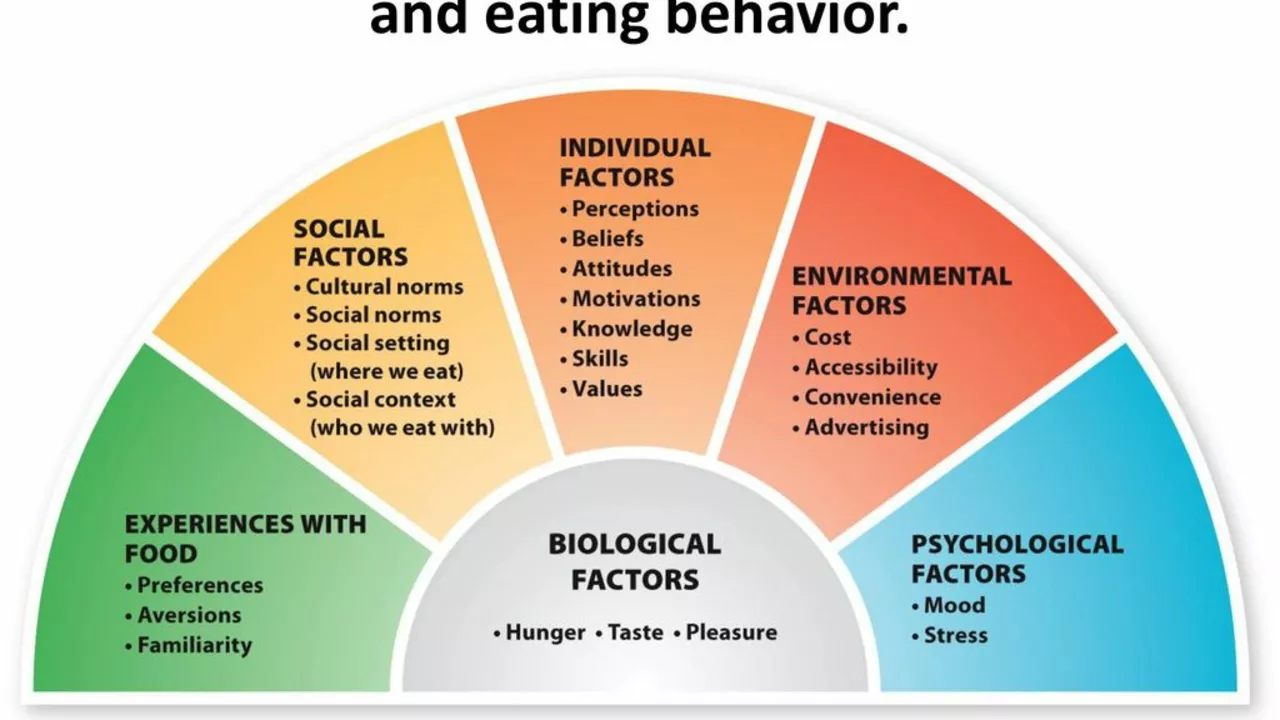Cultural Beliefs Shaping Everyday Life in India
Ever wondered why some news stories grab your attention while others fade away? A big part of that is the cultural beliefs that run deep in Indian society. These beliefs act like a filter, deciding what feels important and what doesn’t. When you understand the filter, you can read the news with a clearer mind and even spot opportunities that others might miss.
How Beliefs Influence Media
Indian media isn’t just a business; it’s a reflection of what people value. Topics like family honor, community reputation, and national pride often top the headline list because they touch on core beliefs. For instance, a story about a local festival will get more coverage than a technical report on stock markets, simply because the former resonates with daily life. This bias isn’t always negative – it helps media stay relevant to its audience – but it can also push certain viewpoints forward while keeping others hidden.
Because of this, journalists sometimes face pressure to align their stories with popular sentiment. When a report challenges a widely‑held belief, it may get pushed back or edited heavily. Knowing this, a savvy reader looks for patterns: are the stories supporting traditional ideas or questioning them? Spotting the pattern can tell you a lot about the underlying agenda.
Impact on Business and Investor Decisions
Investors in India often weigh cultural factors alongside numbers. A company that respects local customs – like hiring locally or supporting community events – can earn trust faster. This trust translates into better brand loyalty and sometimes even smoother regulatory approvals. On the flip side, a firm that ignores these beliefs may face protests or bad press, which can hurt its stock price.
Take the recent surge in small‑cap IPOs focused on regional products. Many of these companies market themselves as preserving heritage, and that narrative pulls in investors who want to back something that feels “Indian” at heart. The belief that supporting home‑grown brands is a patriotic act drives money into those stocks, often creating a self‑fulfilling cycle of growth.
Even everyday decisions, like choosing a bank or a mobile plan, get filtered through cultural lenses. People prefer providers who speak their language, celebrate local festivals, or have a visible presence in the community. Companies that tap into these expectations see higher customer retention.
Understanding cultural beliefs isn’t just an academic exercise – it’s a practical tool. Whether you’re scrolling through news, picking a stock, or deciding which brand to trust, ask yourself what belief is being appealed to. If you can spot the belief, you can decide if it aligns with your goals or if it’s simply a mood‑setter.
So next time you read a headline or consider an investment, think about the cultural belief behind it. That little extra step can turn ordinary information into a strategic advantage.
Why consuming alcohol is considered bad in Indian families?
In Indian families, alcohol consumption is often viewed negatively due to a mix of religious beliefs, cultural norms, and health concerns. Many Indian religions, like Hinduism and Islam, discourage or outright prohibit alcohol due to its intoxicating effects. Culturally, excessive drinking is seen as a sign of a lack of self-control and discipline. There's also a strong awareness about the health risks linked to alcohol abuse such as liver disease and mental health issues. Lastly, the impact of alcoholism on family life and society, including domestic violence and financial instability, is another serious concern.
